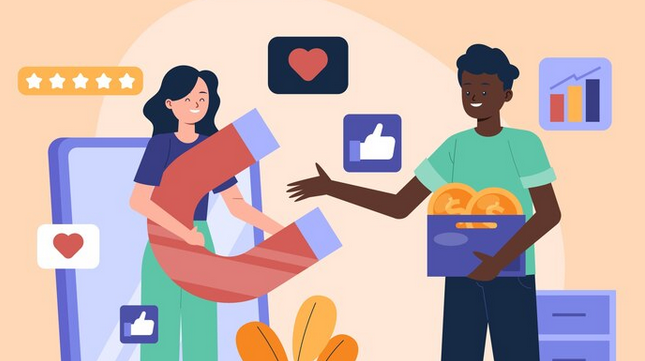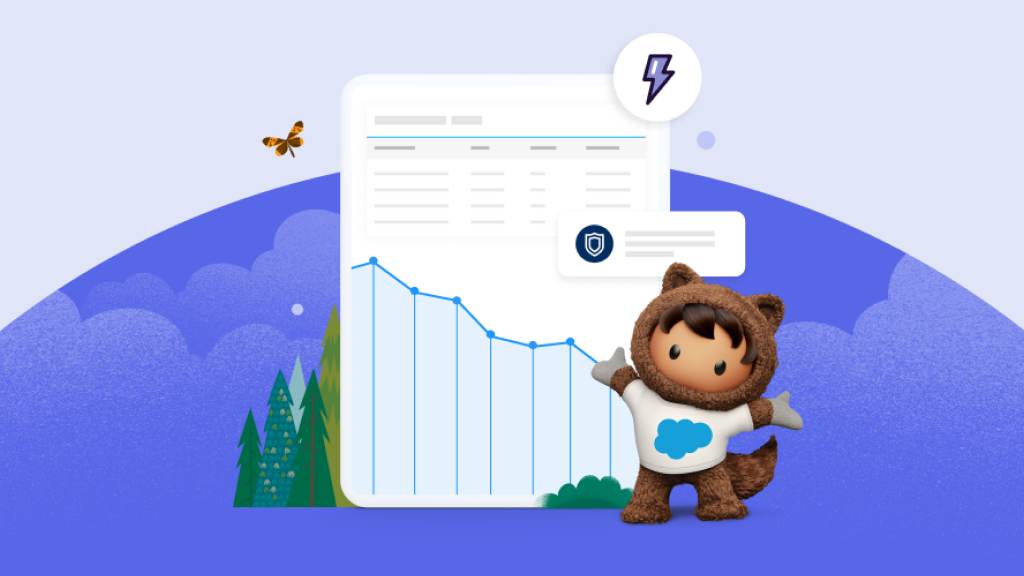In our hyper-connected world, mobile apps have permeated nearly every aspect of our lives, from ordering groceries to navigating traffic. It’s no surprise, then, that they’ve also become powerful tools in the realm of mental health and well-being. While meditation and mindfulness apps have gained significant traction, the landscape of mental health apps extends far beyond simply calming the mind. Let’s delve into the diverse roles these apps play and how they’re reshaping the way we approach mental wellness.
Beyond the Cushion: A Diverse Ecosystem of Mental Health Apps
The mental health app market is a dynamic space, offering solutions for a wide range of needs. Here are some key categories beyond traditional meditation apps:
- Mood Tracking and Journaling:
- These apps empower users to monitor their emotional states, identify triggers, and track patterns over time.
- By logging moods, sleep, activity levels, and other relevant factors, individuals gain valuable insights into their mental health.
- Many apps incorporate journaling prompts, allowing users to process their thoughts and feelings in a structured way.
- Cognitive Behavioral Therapy (CBT) and Dialectical Behavior Therapy (DBT) Apps:
- These apps offer structured programs based on evidence-based therapeutic approaches.
- They provide tools and exercises to challenge negative thought patterns, manage emotions, and develop coping skills.
- CBT and DBT apps can be particularly helpful for individuals experiencing anxiety, depression, and other mental health challenges.
- Anxiety and Stress Management:
- Beyond general meditation, these apps offer targeted techniques for managing acute anxiety and stress.
- Features may include guided breathing exercises, progressive muscle relaxation, and visualization techniques.
- Some apps provide on-demand support during panic attacks or moments of intense anxiety.
- Sleep Improvement:
- Sleep and mental health are inextricably linked.
- Sleep apps offer features such as sleep tracking, guided sleep meditations, white noise generators, and personalized sleep schedules.
- They aim to improve sleep quality and address sleep-related issues that can exacerbate mental health conditions.
- Social Support and Community:
- Some apps facilitate connection and support among individuals facing similar mental health challenges.
- They provide online forums, peer support groups, and opportunities to connect with mental health professionals.
- These apps can combat feelings of isolation and provide a sense of belonging.
- Substance Use and Addiction Support:
- Apps are also being developed to help individuals manage substance use and addiction.
- They offer features such as relapse prevention tools, tracking of sobriety milestones, and access to support resources.
- These apps can provide needed support when traditional in person resources are not readily available.
- Gamified Mental Health Apps:
- These apps use game like mechanics to engage users in mental health exercises.
- This can increase engagement, and make mental health work feel less like a chore.
- These apps can help with things like building healthy habits, or learning coping skills.
The Benefits of Mobile Mental Health Apps:
- Accessibility and Convenience:
- Apps provide mental health support anytime, anywhere, making it easier for individuals to access help when they need it.
- They eliminate barriers related to scheduling appointments, travel, and cost.
- Personalization and Customization:
- Many apps offer personalized content and features based on individual needs and preferences.
- This allows users to tailor their mental health journey and focus on specific areas of concern.
- Privacy and Anonymity:
- Apps can provide a sense of privacy and anonymity, which may be particularly appealing to individuals who are hesitant to seek traditional mental health services.
- Data-Driven Insights:
- Mood tracking and other data collection features provide valuable insights into mental health patterns and triggers.
- This data can be shared with mental health professionals to inform treatment plans.
- Affordability:
- Many apps offer free or low cost options, making mental health support more accessible to a wider population.
- Increased Engagement:
- The user friendly interface of mobile apps can increase engagement with mental health practices.
Challenges and Considerations:
- Data Privacy and Security:
- It’s crucial to choose apps that prioritize data privacy and security.
- Users should carefully review the app’s privacy policy and ensure that their data is protected.
- Effectiveness and Evidence-Based Practices:
- Not all mental health apps are created equal.
- It’s important to choose apps that are based on evidence-based practices and have been evaluated for effectiveness.
- Lack of Professional Guidance:
- While apps can be valuable tools, they should not replace professional mental health care.
- Individuals with severe mental health conditions should seek guidance from qualified mental health professionals.
- Digital Divide:
- Access to smartphones and reliable internet is not universal, creating a digital divide that can limit access to mental health apps.
- App Overload:
- The sheer number of mental health apps available can be overwhelming.
- It’s important to carefully evaluate apps and choose those that best meet individual needs.
The Future of Mobile Mental Health:
The future of mobile mental health is promising, with ongoing advancements in artificial intelligence, machine learning, and virtual reality. These technologies have the potential to further personalize and enhance mental health interventions.
- AI-powered chatbots: Can provide personalized support and guidance.
- VR experiences: Can create immersive environments for therapy and stress reduction.
- Wearable technology: Can track physiological data to provide real-time insights into mental health.
As technology continues to evolve, mobile apps will play an increasingly important role in promoting mental health and well-being. By embracing these tools responsibly and thoughtfully, we can create a more accessible and supportive mental health landscape for all.




